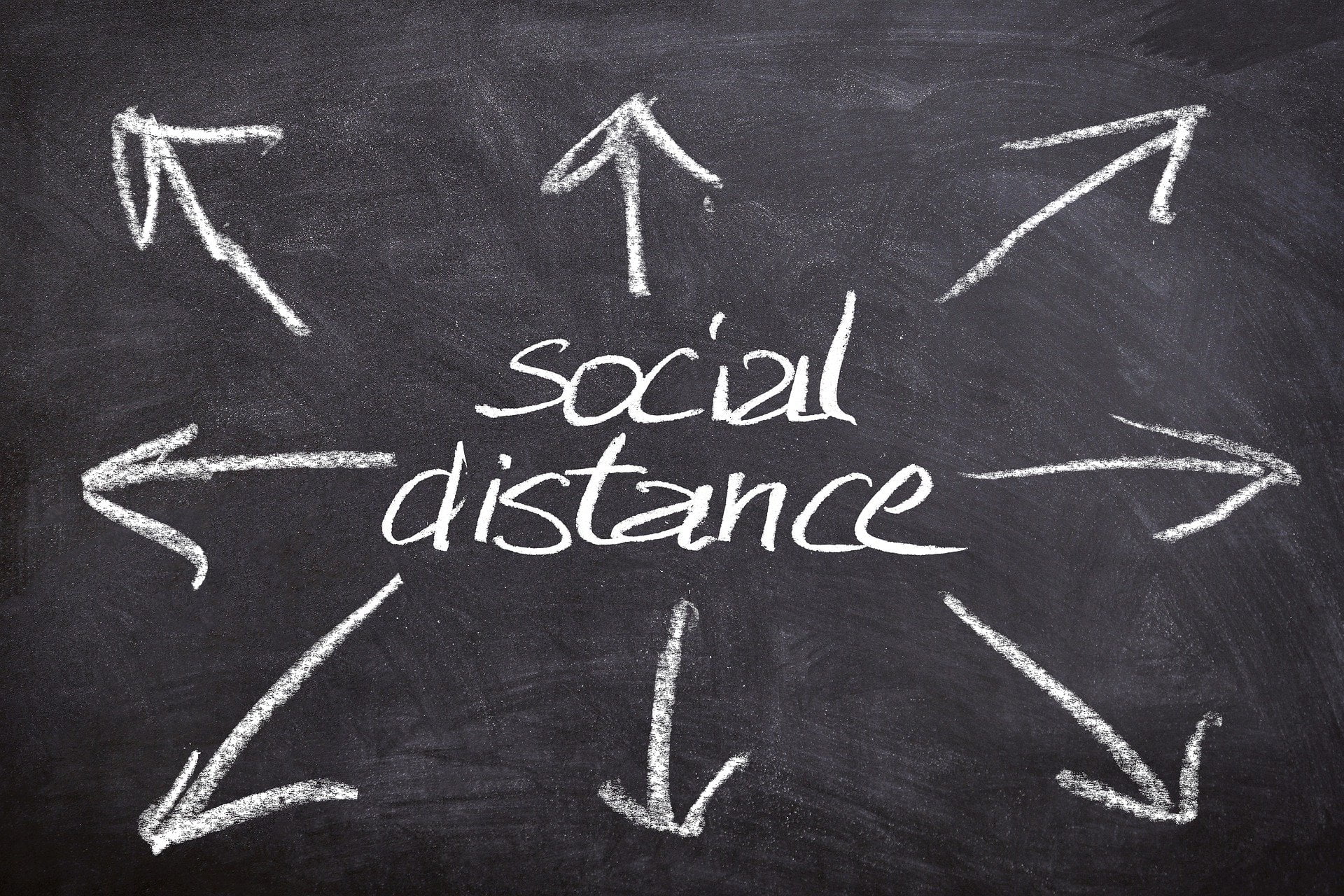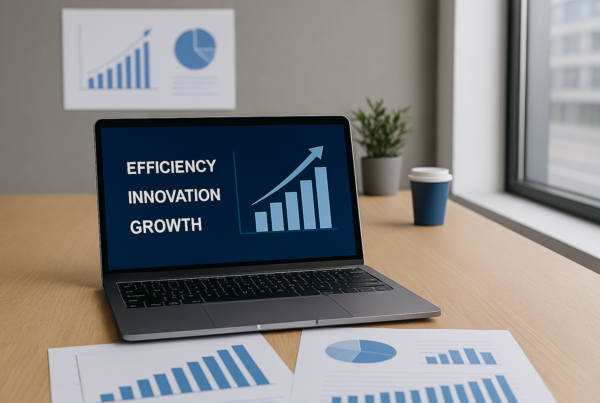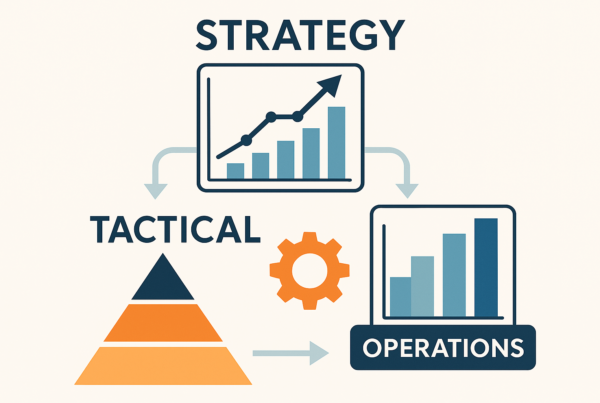Whilst this article is certainly relevant to all individuals, it was written to specifically encourage business owners to take heed. In the past few months (and most of 2020), the impact of Covid-19 has been felt in all corners of the globe. Covid-19 pitched a huge curve ball that no one was expecting, as the pre-pandemic conditions of a weak economy and reduced market spread already had businesses on the back foot and wondering how to survive. As entrepreneurs, there was a frantic scramble to consider various survival options. If you are looking for reducing costs and increasing profitability, feel free to read my article on LEAN here:
Some of the survival strategies were dependent on:
- Government and non-profit organizations which provided:
- Financial aid
- Various stimulus packages
- Unemployment Insurance Fund (UIF) payouts, etc.
- Big businesses which provided:
- Payment holidays from financial institutions
- Rent reductions from landlords
- Your big customers paid in a shorter period to improve your cash flow
- Suppliers gave you more lenient payment terms, etc.
In certain instances, you were left to your own devices figure it out – this experience has hopefully taught you to tighten the belt (I know I have). If you think our experiences to date has been ruthless, can you imagine the impact a growing and spreading pandemic could have in the near future?
The evolving situation
We are currently hearing lots of conversation about “THE SECOND WAVE” – which sounds like some sort of Armageddon movie – that a number of countries are experiencing. With the discussions around the second wave and resurgence in infection rates, the dinner table chat will invariably go to the likelihood of having another lockdown with stricter rules. In fact, as of 25 November 2020, a few countries including England and Germany have entered stringent lockdowns. South Africa is currently experiencing a steady increase in infection rates with the numbers reaching the 3000 infections per day mark. I am sure we can have lengthy debates about data accuracy and validation, but let’s leave that discussion for another day.
By now, we would have made peace with the ideal of this “new normal” that is here to stay for the foreseeable future, subject to a possible vaccine’s production and distribution. Given this scenario we have been dealt, we need to ask:
- What do we do about it?
- How should we act about it?
In my personal view, we are currently ranging from people who take the pandemic extremely seriously and follow the Covid-19 prevention protocols to the letter. The opposite extreme are those who are going about business as usual – these people assume the protocols are merely suggestions. They think: “If other people don’t care, so why should I?” These folks do what they feel like doing and put everyone at risk.
Your behavior now will dictate your consequence later
As an entrepreneur, you play a pivotal role in driving the behavioral changes of your employees to adhere to the relevant safety protocols. How do you continuously motivate your employees to adhere to the relevant safety measures? This must not only be done at the workplace – in fact, it should become second nature, like breathing. One could argue that adults should be able to self-manage or that more government initiatives should be implemented to raise awareness and provide Personal Protective Equipment (PPE). I believe the government has a big hand to play in the fight against the spread. However, I advocate for us to not wait for someone else to take action, because it is you that will suffer the consequences. Develop a proper program to implement once signed off by your risk and health leadership. If you don’t have such a team seek help from other sources (example: Business advisor or other suitable professional). Bear in mind that if an employee tested positive for the virus and inadvertently exposed your office to the virus, it would certainly cause your offices to temporarily close. The impact would be devastating if the virus spread to your employees. Outside of the emotional turmoil and dread, it would affect your ability to run the business. Remember, your people are your most valuable asset, and you have the responsibility to ensure that the business endures so that your people can be paid and rewarded.
Concluding remarks
I encourage you to be proactive in your approach: create strategies and protocols to keep yourself and your employees safe. Plans for the future should include how to deal with an employee contracting the virus, how could the business detect it as early as possible, and how to stop the spread throughout the organization. Implement plans to ensuring that returning employees are healthy and non-contagious. I hope that you heed this call to action and understand that if we work together to combat this virus, we can limit its spread and its effects on the economy and people.
Small Actions, Big Difference
What you do today dictates your reality tomorrow
Author
Dr Kenneth Moodley is an experienced supply chain and business professional with over 25 years’ experience. He has a demonstrated history of working with both big corporates (example: Unilever & The South African Breweries) and SMME’s (Productivity SA) in various industry sectors as a senior Supply Chain Specialist, Leader and Business Coach. In addition to his supply chain experience, he is a skilled business turnaround strategist and is a registered senior business rescue practitioner.





